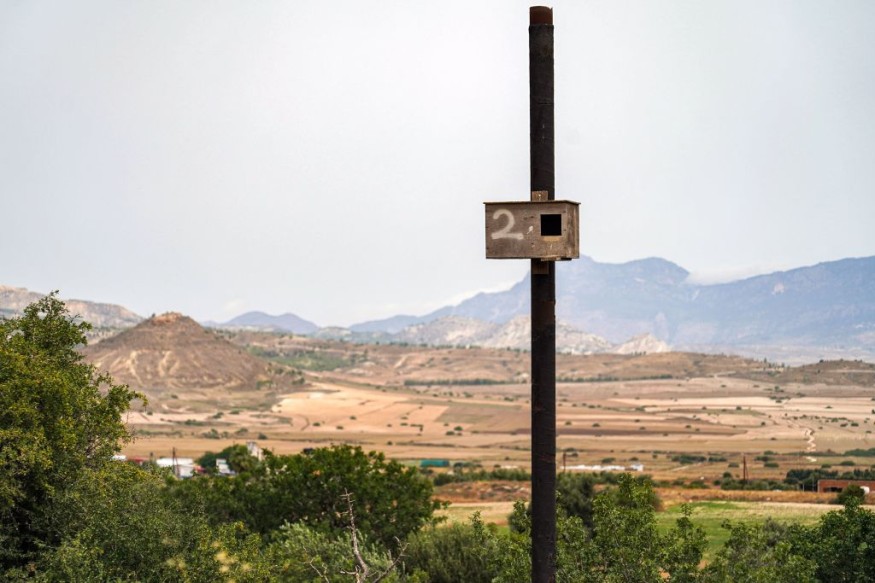
Small island states claimed that rich nations failed to meet obligations to mitigate the effects of climate change and held them accountable for their suffering.
A conference on Small Island Developing States (SIDS) was held this week in Antigua and Barbuda, whose prime minister, Gaston Browne, stated that SIDS "find themselves on the front line of a battle against a confluence of crises, none of which they have caused or created."
Island States Susceptible To Climate Threats
From the Caribbean to Africa to the Pacific, trapped between growing debt and rising sea levels, many small island states have traits in common that make them particularly susceptible to external shocks: small landmasses with non-diversified economies that rely heavily on imports and are home to dispersed and isolated populations.
Furthermore, some of them could completely disappear from the map due to climate change's devastating droughts, strong hurricanes, and rising sea levels.
United Nations Secretary-General Antonio Guterres called it "obscene" that little island nations, which are most affected by climate change, should foot the bill for the fossil fuel industry's avarice and rivalry amongst large economies.
He added that because of the unique geography of these nations, they are vulnerable to land degradation, increasing sea levels, and climate instability.
"Climate change is an existential crisis for the entire human family, but SIDS are on the front lines," he told the conference of 39 states, whose populations number roughly 65 million people.
Read Also : Small Island Nations May Vanish From the Map Due to Rising Sea Levels Caused by Climate Crisis
Climate Finance
Increasing climate finance is a top priority for the 39 governments, home to some 65 million people, despite criticism from certain quarters regarding the glacial speed at which prior UN aid commitments are being fulfilled.
The UN Development Program estimates that the funding for climate adaptation measures in SIDS countries has to be increased by $4.7-7.3 billion per year.
However, the majority of tiny island nations are categorized as middle-income or higher, which means they are not eligible for the same international assistance and preferential funding as the world's poorest nations.
"They are being trapped in a no man's land where financing from the international community, which is often a kind of safety net, is simply not available to them," said Achim Steiner, head of the UNDP.
However, many are also resorting to restructuring their own economies in addition to looking for foreign assistance.
The "blue economy" of sustainable fishing and ocean conservation is a major opportunity for SIDS countries, which make up 19% of the world's Exclusive Economic Zones. Other priorities include growing the renewable energy industry.
Although the threat of climate change looms over these nations' marine biodiversity and coral reefs, which attract scuba divers from all over the world, tourism may also be done more sustainably.
Recently, the International Tribunal for the Law of the Sea (ITLOS) ruled that all parties to a United Nations treaty on marine activities must do more to safeguard the world's seas from climate change, and found in favor of nine small island states in a landmark climate change case.
The UN Convention on the Law of the Sea's signatories are obligated to prevent marine pollution, including greenhouse gas emissions that damage oceans by changing the earth's atmosphere, according to the tribunal's ruling.
Related Article : International Maritime Court Delivers Historic Legal Win For Small Island Nations Fighting To Protect Ocean
© 2025 NatureWorldNews.com All rights reserved. Do not reproduce without permission.





